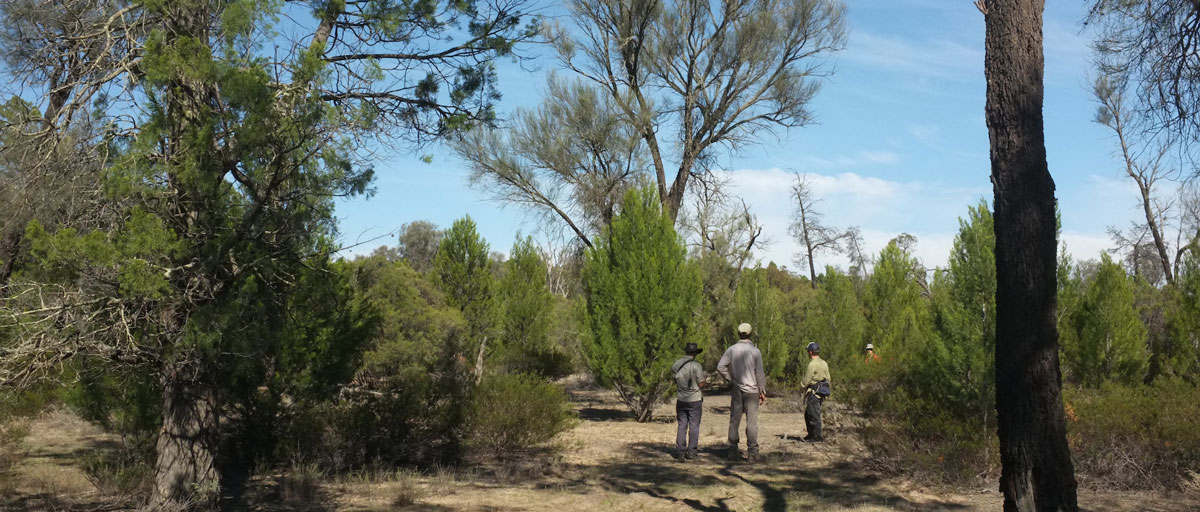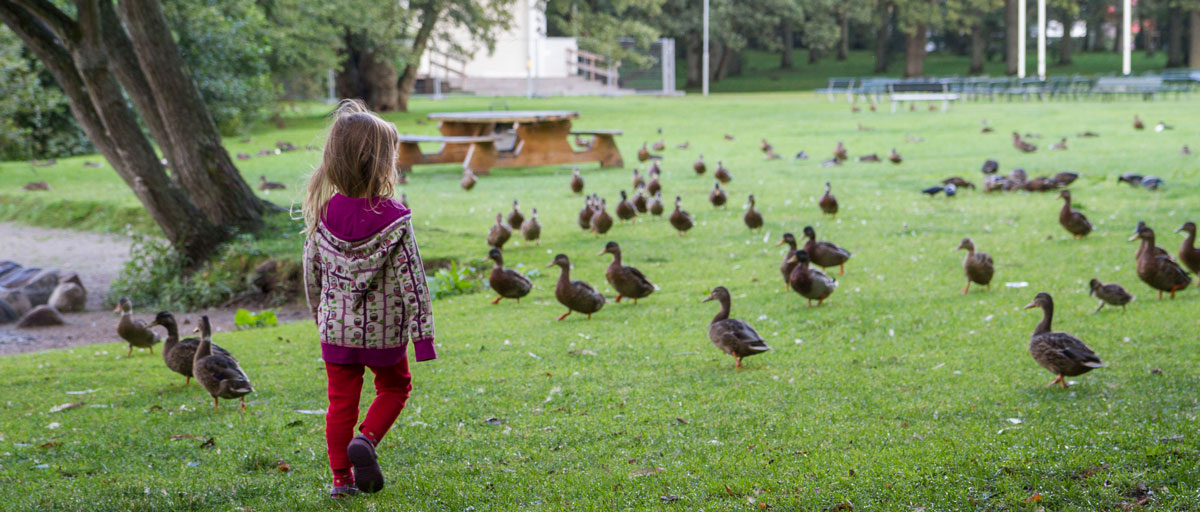Standfirst
Can relational thinking contribute to sustainability transformations?
Sustainability scientists debate how to understand and nurture connections between humans and nature
- Some researchers argue that complex systems paradigms still create an implicit separation between humans and nature
- Relational thinking attempts to fix this by shifting the focus away from interactions between entities and instead emphasizes continually unfolding processes and relations
- Others argue that while relational thinking is helpful, researchers inevitably need to make strategic choices about where to divide system components
A RELATIONAL TURN FOR THE BETTER? Society-nature, human-nonhuman, mind-matter — dichotomies and dualisms like these are deeply embedded in many Western knowledge systems and have been useful in improving many aspects of human-wellbeing.
But they have also contributed to ways of life that are unsustainable.
Complex systems perspectives have been at the heart of the quest to better address the planet’s complex sustainability challenges and are a central part of sustainability science.
Systems approaches have prompted greater recognition within academia, policy, civil society and business of the interdependence of humans and nature.
But some sustainability researchers argue that complex systems perspectives still create an implicit separation between humans and nature.
For instance, while social-ecological systems approaches emphasize the interconnectedness of a system, they still use the concepts of ‘social’ and ‘ecological’ to refer to two different kinds of system component.
Capturing complexity
Sustainability researchers are therefore increasingly drawing on scholarship from the ‘relational turn’ in the humanities and the social sciences as a way to better capture the complexity of human-nature connectedness: taking focus away from interactions between entities towards emphasizing continually unfolding processes and relations.
And this is causing some discussion between sustainability scientists.
In a 2020 paper, centre researchers Simon West, Jamila Haider together with colleagues from Lund and Linkoping universities traced why and how sustainability scientists are engaging with relational thinking, presenting personal experiences from their own research and critically reflecting on how relational thinking might contribute to sustainability transformations.
They identified three broad transformative opportunities generated by relational approaches:
- more holistic, dynamic analyses of human-nature connectedness
- more empirical accounts of knowledge production that prompt more situated and diverse knowledges in decision-making
- new domains and approaches for sustainability interventions that nurture relationships in place and practice
Relational approaches to sustainability science provide a promising pathway towards productive inquiry and intervention in a complex world.
Simon West, lead author
Inevitable strategic choices
But a reply to the paper led by Christopher Raymond from the University of Helsinki, together with centre researcher Stephan Barthel (using his affiliation with University of Gävle), was concerned with the methodological challenges and pragmatics of relational thinking.
They argue that while relational thinking is helpful, researchers inevitably need to make strategic choices about where to "apply the knife", as Robert M. Pirsig put it in his book "Zen and the Art of Motorcycle Maintenance: An Inquiry into Value", if the goal is to systematically assess relations and to promote transformations toward sustainability.
West et al. have responded to this claim, contending that the metaphor of the knife continues to rest on dualistic, reductionist thinking, and positions the researcher ‘outside’ of the world they are studying, thus continuing to separate humans from their environment.
No single best perspective
West and colleagues add that the pragmatics of relational thinking vary according to purpose, and describe two possible pathways for using relational thinking in research practice.
They conclude: “The goal is not to arrive at a single ‘best’ perspective, but to contribute to ongoing learning. Relational thinking provides resources to re-work and re-think conventional research practices and residual, often difficult-to-detect modernist assumptions”.
Original article:
West, S., Haider, L. J., Stålhammar, S., Woroniecki,S. 2020. A relational turn for sustainability science? Relational thinking, leverage points and transformations, Ecosystems and People, 16:1, 304-325, DOI: 10.1080/26395916.2020.1814417
Reply:
Raymond, C.M., Kaaronen, R., Giusti, M., Linder, N., Barthel, S. 2021. Engaging with the pragmatics of relational thinking, leverage points and transformations – Reply to West et al., Ecosystems and People, 17:1, 1-5, DOI: 10.1080/26395916.2020.1867645
Reply:
West, S., Haider, L.J., Stålhammar, S. Woroniecki, S. 2021. Putting relational thinking to work in sustainability science – reply to Raymond et al., Ecosystems and People, 17:1, 108-113, DOI: 10.1080/26395916.2021.1898477
Questions? Contact lead author for the original paper, Simon West









